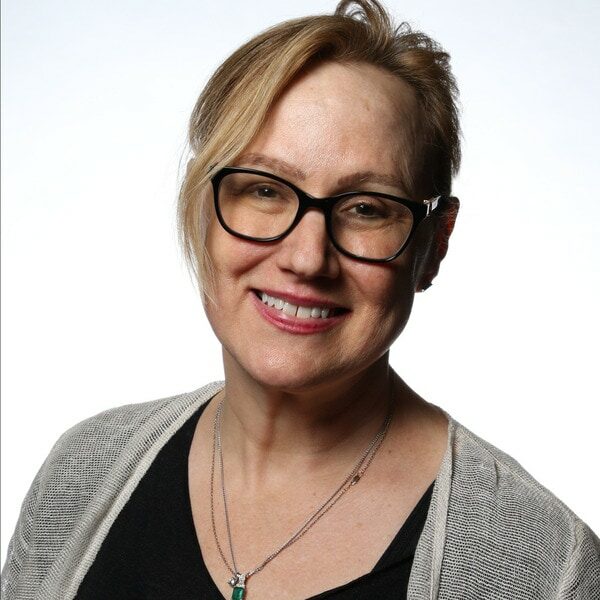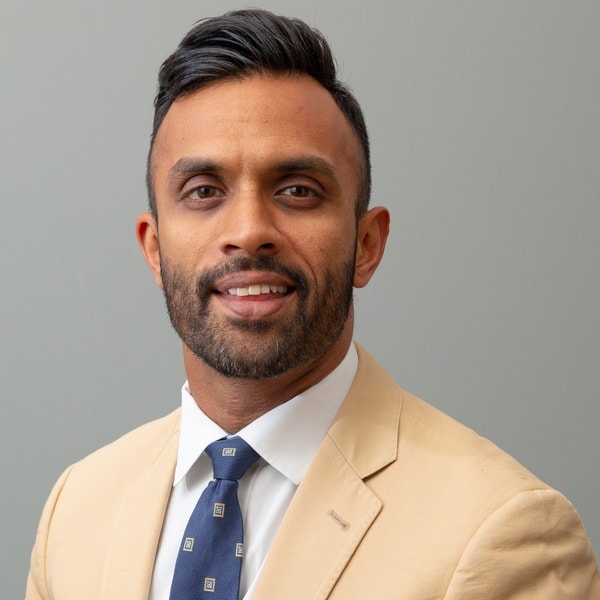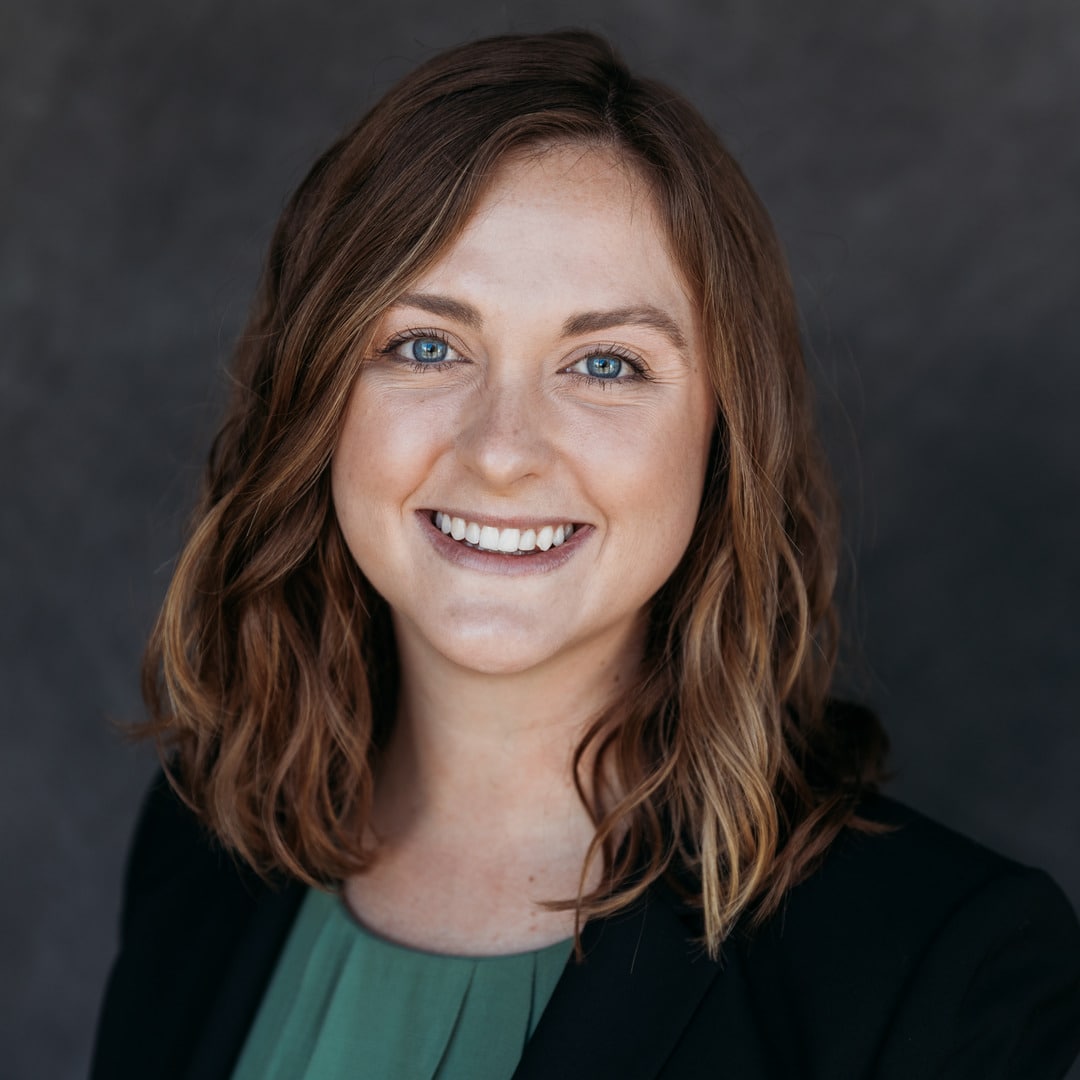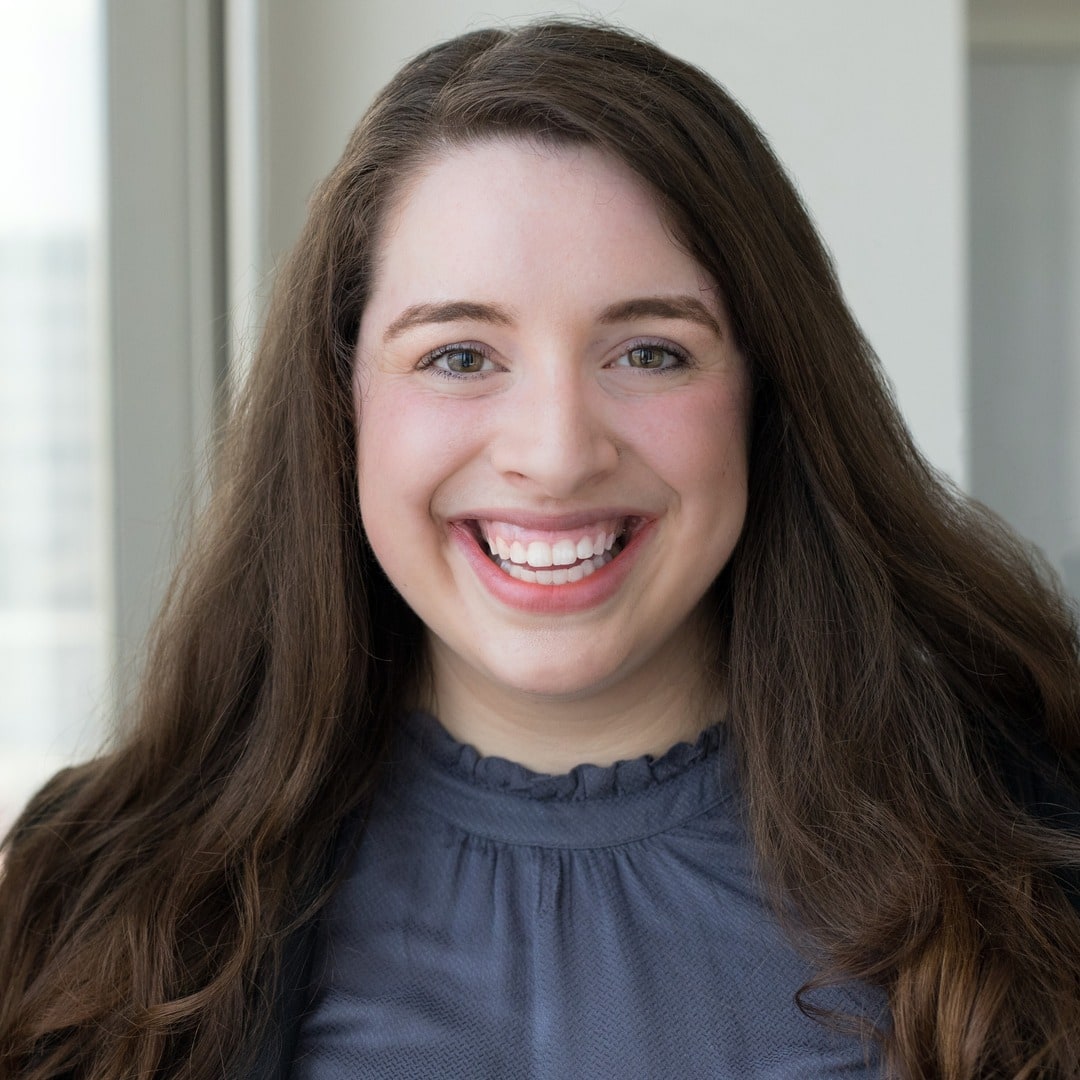Q: What are the Physicians for Human Rights group, and how did you become the medical director?
A: Physicians for Human Rights (PHR) is an international health and human rights non-governmental organization that works at the intersection of medicine, science, and the law to secure human rights and justice for all. PHR leverages health professionals’ clinical skills and research expertise to investigate and document human rights violations and their health effects. Besides conducting rigorous research, PHR trains and strengthens the capacity of clinicians and legal partners throughout the world to provide medico-legal evidence of torture and ill-treatment, including sexual violence, extra-carceral state violence, and persecution against protesters and marginalized communities, to hold perpetrators accountable.
I first volunteered with PHR as a medical student in the 1990s. As I developed my research skills as a health services researcher, I continued to volunteer with PHR over the past few decades to help with their research investigations and joined their Board in 2010. In 2019, their long-term part-time medical director, Vincent Iacopino, an important mentor to me, retired. My youngest child was about to go off to college, and I applied for the part-time position that required me to spend a week or so a month at the PHR offices in New York City. PHR contracts with the University of Michigan for my part-time effort (like a grant). This is a possible model for other SGIM members who are researchers and want to work with organizations that are addressing issues that the SGIM member cares about and can help support with their expertise and skills. It is exciting that more academic medical centers are making such partnerships possible—and the University of Michigan gains as many UM medical students and residents as possible who have now worked with me on PHR projects.
Q: How did your experience working in human rights and poverty programs influence how you approach medicine?
A: The work I did before medical training on poverty and human rights issues in Latin America and the Caribbean with Catholic Relief Services and then with the Ford Foundation very much influenced my aims as a physician. I had come to see how health professionals, with their specialized skills and credible voices, are uniquely positioned to help expose and prevent human rights violations and amplify the voices of people experiencing human rights violations. Health professionals like physicians have the incredible privilege of caring for individual patients while also leveraging our expertise and skills to promote human rights and social justice.
Q: What do you believe is the role of physicians in promoting human rights around the world?
A: Throughout the world, physicians and other clinicians are at the front lines of caring for people who have experienced violence and other forms of persecution. With some additional training, we have all the skills and knowledge to systematically document individuals’ pain and suffering—physical and psychological sequelae—and correlate them with the abuses they experienced in investigations and individual medico-legal affidavits for accountability mechanisms. Those of us who are researchers can leverage our research skills—in conducting surveys, semi-structured interviews, gathering and analyzing population-based data—to help with human rights investigations. Also, health professionals make up a powerful constituency throughout the world to denounce human rights violations and advocate for remedies.
Q: How can SGIM members get involved in your work?
A: Much of PHR’s work is in partnership with clinicians and researchers at universities who help on individual research projects and/or are part of PHR’s Asylum Network of clinicians who provide medico-legal affidavits for asylum cases in the United States. If you look at PHR’s reports and peer-reviewed papers, there is almost always one or more authors who are university-based researchers—and quite a few SGIM members have participated and are now participating on PHR research projects. In my own case, as a tenure-track academic, for the many years that I participated in PHR investigations, I explained that I did need to be able to write a peer-reviewed paper from the work I did with PHR. For those who want to contribute with their clinical expertise, PHR’s Asylum Network now consists of about 3,000 clinicians and has links with over 20 academic medical center-based programs in which Istanbul Protocol-trained clinicians work with pro bono lawyers to conduct medico-legal evaluations of individuals seeking political asylum. Several SGIM members started their collaboration with PHR by conducting asylum evaluations and then began to help with research with PHR’s asylum program. I would welcome SGIM members who are interested to reach out to me and explore ways they might become involved.
Frontliner
Job Position & Institution
Professor of Internal Medicine and Public Health at the University of Michigan and Medical Director of Physicians for Human Rights (PHR)





